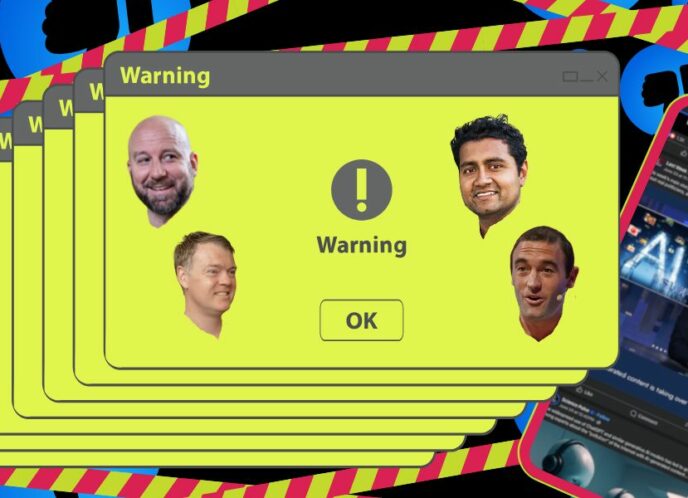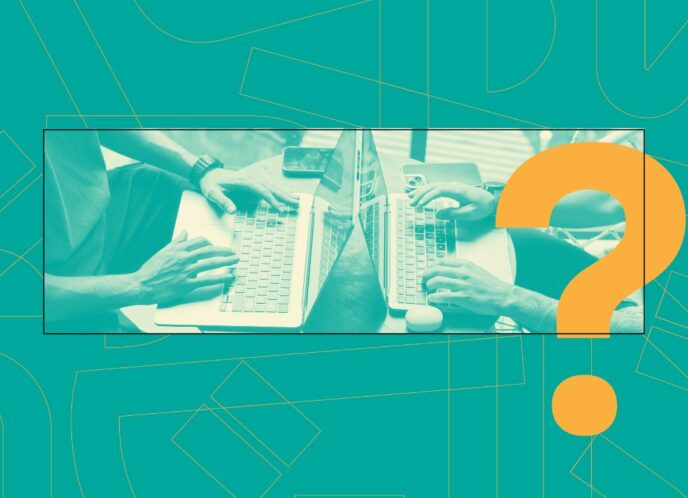Advisory For: Wednesday, September 23, 2020
Contact: Christina DiPasquale, [email protected], 202.716.1953
Students Demand Comcast Stop Holding Education Hostage in COVID Crisis, Teachers and City Councilmembers Demand Higher Speeds and Free Access for Low-Income Families
“The only barrier to my success is not having the internet that allows me and my sisters to actually stay online.”
Today, MediaJustice gathered students, families, teachers, community advocates and city leaders from Philadelphia, Baltimore, Detroit, Denver and Baton Rouge for a press conference urging Comcast to stop holding children’s education hostage for profit and take specific actions to expand internet access through the COVID-19 crisis. At a time when access to high-speed internet is a crucial lifeline for children to access education, disconnected communities are demanding Comcast make the Internet Essentials program free for families until 60 days after students can return to school, increase download and upload speeds so families can work and learn from home simultaneously, and open residential hotspots to the public.
Said Kimberly Vasquez, Student Organizer with Students Organizing for a Multicultural and Open Society (SOMOS) in Baltimore:
“The only barrier to my success is not having the internet that allows me and my sisters to actually stay online. Being a subscriber to Comcast’s Internet Essentials puts me and my sisters in a position to forcibly decide whose education is more important. We shouldn’t have to choose who will sacrifice their education and fall behind in order for one of us to succeed.”
Said Philadelphia City Councilmember Helen Gym:
“The families of 18,000 Philadelphia students without internet are scrambling to ensure their kids can get an adequate education. Even here, the home of Comcast’s headquarters where Comcast received at least $78 million in city and state subsidies, we are paying for low-speed internet that is so inadequate that multiple students can’t attend class at the same time. Comcast must help close the digital divide as a partner, rather than act as a barrier, to the education of these mostly low-income families of color.”
Said Baltimore City Councilmember Zeke Cohen:
“The digital divide is a national crisis. Without access to the internet, our children are being cheated out of their right to a free public education during a pandemic. We continue to demand that companies like Comcast provide higher speeds for their lowest tiers of service, as these companies experience enormous, record-breaking profit while our youth suffer. Children living in poverty deserve to learn like everyone else.”
Said Katie Hearn, Director of Detroit Community Technology Project:
“In recent years, as many as 70% of public school students in Detroit had no home internet connection, and that was without a pandemic. Programs like Internet Essentials are only as valuable as they are affordable and truly accessible to those most impacted by the digital divide. To truly invest in digital and racial equity, Comcast must put people over profits and invest in our students, teachers, and entire families marginalized from connectivity.”
Said Brandon Forester, national field organizer at MediaJustice:
“For decades, Congress and the FCC have failed to close the digital divide. Their inaction, negligence, and dysfunction continue in this national crisis, disproportionately affecting students of color and unfairly leaving individual school districts to shoulder the burden. Together we are calling on Comcast, the only internet option for 22 million people, to stop holding our children’s education hostage as they return to school.”
Twenty-two million people have no option other than Comcast for their internet service, and the company has raked in billions during the pandemic, turning their highest profit margins in more than a decade, while majority Black and Brown communities struggle to stay connected, learn, and work online. Because of Comcast’s stranglehold on essential communications, regulators forced the company to initiate the Internet Essentials program and provide lower-cost internet to those unable to afford it. But Comcast keeps the benefits of the program so tied up in red tape, hidden fees, short-term access and long-term contracts, that communities continue to be held back from learning, working and accessing health care.
For interviews and questions: Christina DiPasquale, [email protected], 202.716.1953
Advocates participating in and contributing to the press conference include: Students Organizing for a Multicultural and Open Society (SOMOS, Baltimore) Movement Alliance Project, Detroit Community Technology Project, Baltimoreans for Educational Equity, South Louisiana Coalition for Education, Illinois for Education Equity, Free Press and Color of Change.
###
MediaJustice is dedicated to building a grassroots movement for a more just and participatory media—fighting for racial, economic, and gender justice in a digital age. MediaJustice boldly advances communication rights, access, and power for communities harmed by persistent dehumanization, discrimination and disadvantage. Home of the #MediaJusticeNetwork, comprised of more than 100 grassroots partners, we envision a future where everyone is connected, represented, and free.



